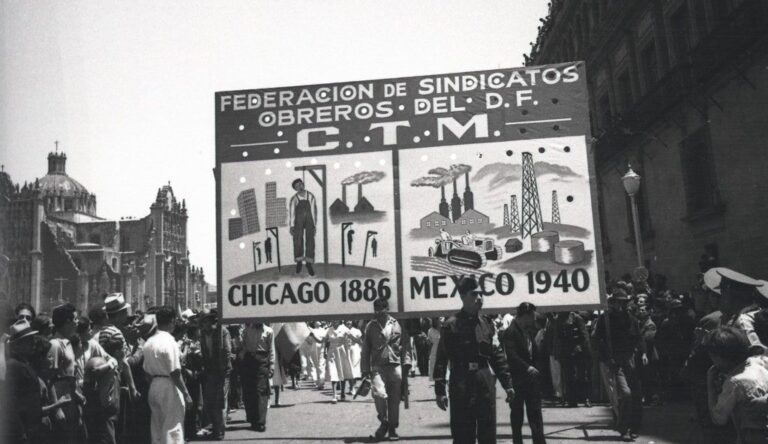May 1st, known as Día del Trabajo (Labor Day) in Mexico and many Latin American countries, is a significant day dedicated to honoring workers and their contributions to society. It is part of International Workers’ Day, a global observance rooted in the labor movement’s fight for fair working conditions and rights.
The origins of this celebration trace back to the Haymarket Affair of 1886 in Chicago, where workers protested for an eight-hour workday. The tragic events that followed led to the establishment of May 1st as a day of remembrance and advocacy for labor rights worldwide. In Mexico, Labor Day became an official holiday, reflecting the country’s own history of labor struggles, including the Cananea miners’ strike of 1906, which played a role in inspiring the Mexican Revolution.
Across Latin America, May 1st is marked by marches, demonstrations, and speeches from labor unions and government officials. Workers from various industries come together to demand better wages, improved working conditions, and social protections. In countries like Argentina, Brazil, and Chile, the day serves as a reminder of past labor movements and ongoing efforts to secure workers’ rights.

Despite being a public holiday, many workers in informal sectors continue to work, highlighting the economic challenges faced by laborers in the region. The day is not only a celebration but also a call to action, urging governments and businesses to uphold fair labor practices.
 Labor Day in Mexico and Latin America remains a powerful symbol of solidarity, perseverance, and the ongoing fight for dignity in the workplace. It reinforces the importance of recognizing and valuing the contributions of workers in shaping society and driving economic progress.
Labor Day in Mexico and Latin America remains a powerful symbol of solidarity, perseverance, and the ongoing fight for dignity in the workplace. It reinforces the importance of recognizing and valuing the contributions of workers in shaping society and driving economic progress.

